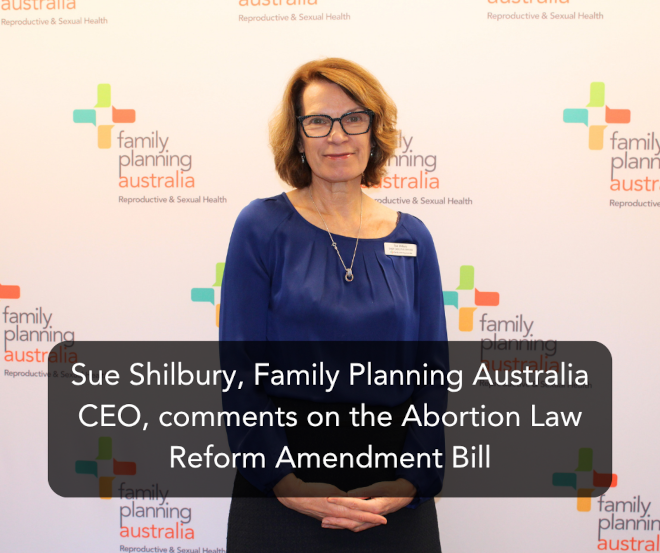
Family Planning Australia supports the Abortion Law Reform Amendment Bill to allow endorsed midwives and nurse practitioners to provide medical abortion in NSW.
However, we have become aware of amendments proposed that are unnecessary and risk undermining the intent of the Bill to improve access to abortion care.
- In 2023, the TGA supported nurse practitioner and midwife prescribing of medical abortion and removed requirements for mandatory training and certification. No safety concerns were found when comparing medical abortion provision by nurses and midwives compared to doctors, and therefore there is no justification to apply additional certification requirements on these professional groups.
- Regulatory provisions and legislation are already in place for ensuring that endorsed midwives and nurse practitioners treat and prescribe safely, within their scope of practice. This includes professional registration standards, TGA prescribing requirements and Poisons and Therapeutic Goods Regulation.
- The categories of qualified endorsed midwife and qualified nurse practitioner do not exist in any other jurisdiction and are not recognised by other regulatory bodies (e.g. AHPRA or the TGA). Furthermore, these amendments do not align with legislation in other States and Territories.
- Given this, this amendment is impossible to monitor through current systems and are impractical to implement. A new regulation framework would need to be created to outline and monitor acceptable training. This is unworkable and unnecessary and would be costly for individuals and NSW Health.
- An arbitrary 2-year requisite doesn't acknowledge that majority of nurses work part-time. Time isn't an indicator of experience.
FPA highlighted the lack of abortion access in a report Use of Medical Abortion Services in NSW, Australia, between 2018-2022 which shows that women in regional and rural NSW seek medical abortion at more than double the rate of city women.
"Abortion care is essential healthcare. While the requirement for public hospitals to provide abortion care was not included in the legislative changes, we feel that hospitals still have a critical role to play in supporting abortion access, particularly for those who are unable to access this care in the community," says Sue Shilbury, Family Planning Australia CEO.
"Delays due to lack of access, unclear pathways or long wait times are unacceptable. The passing of this bill is a significant step in the right direction, to minimise barriers to women's reproductive rights and healthcare into the future."
For more information or media enquiries, contact media@fpnsw.org.au.




